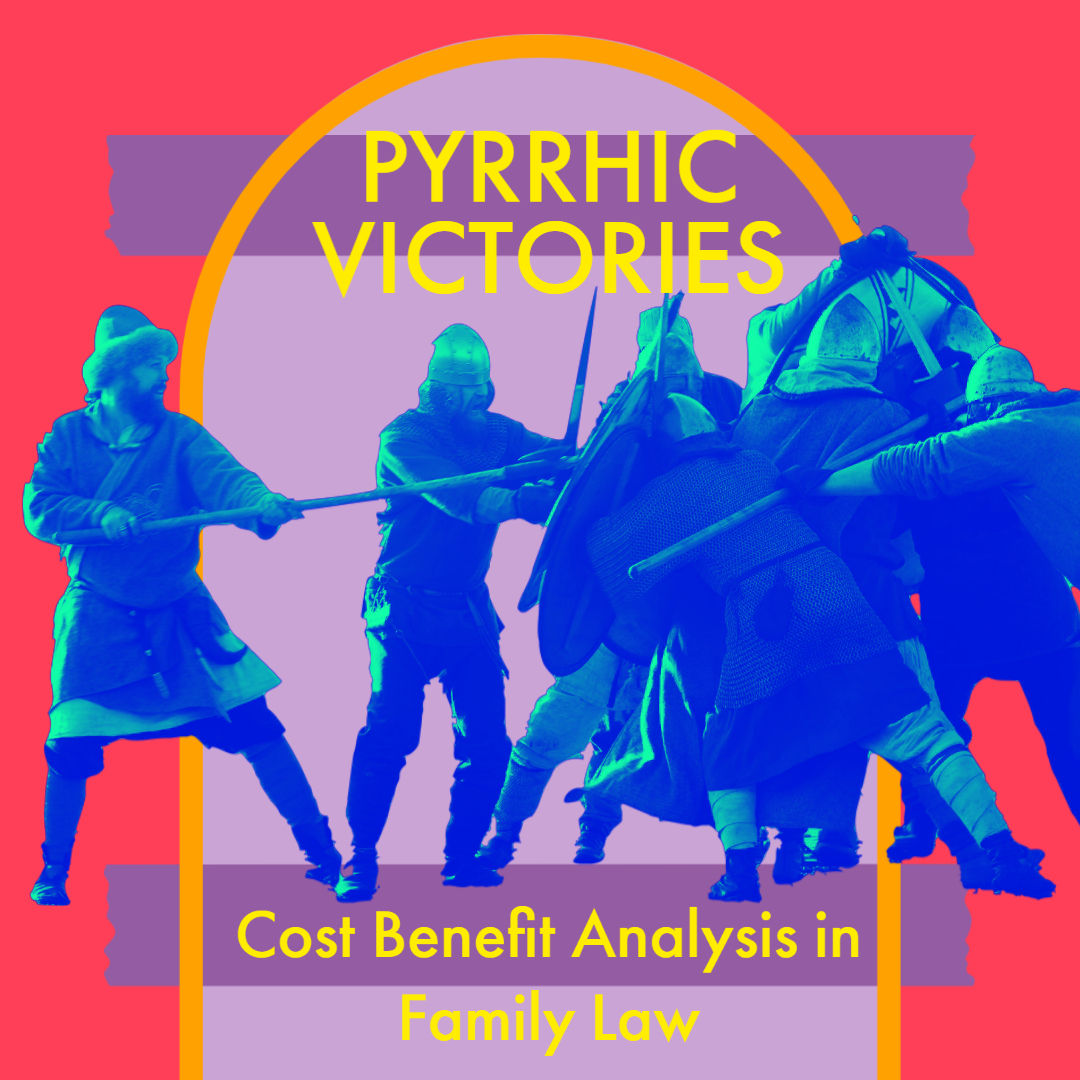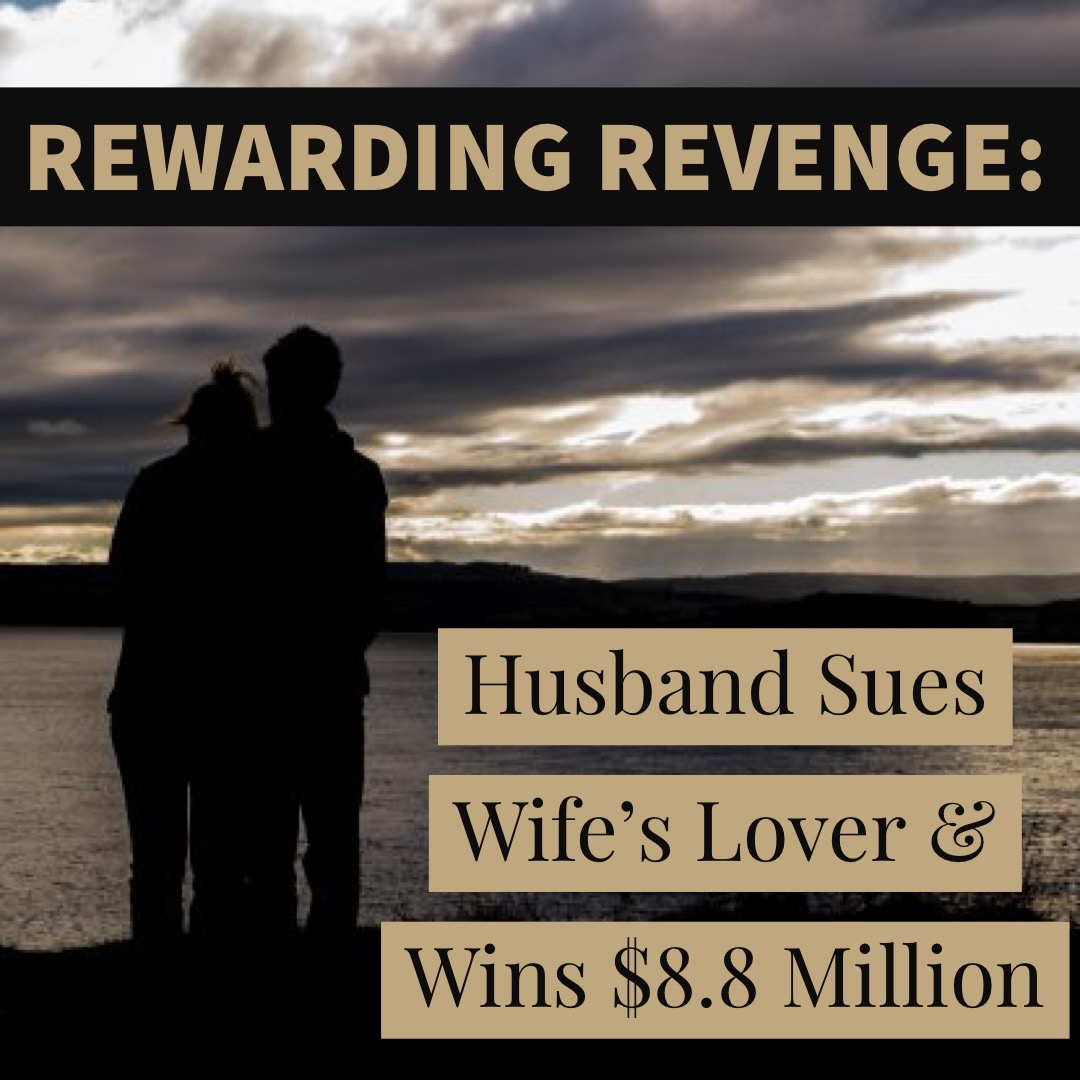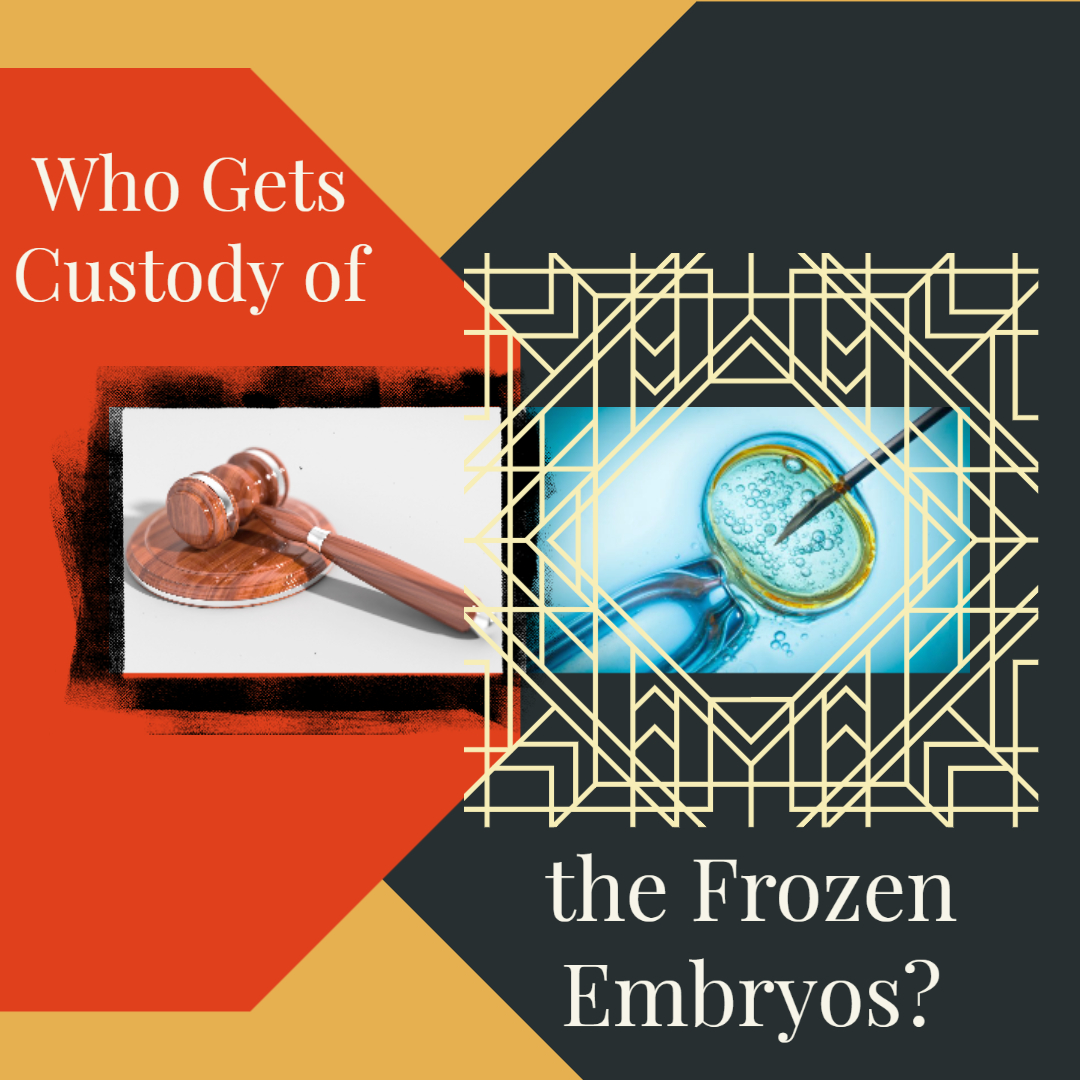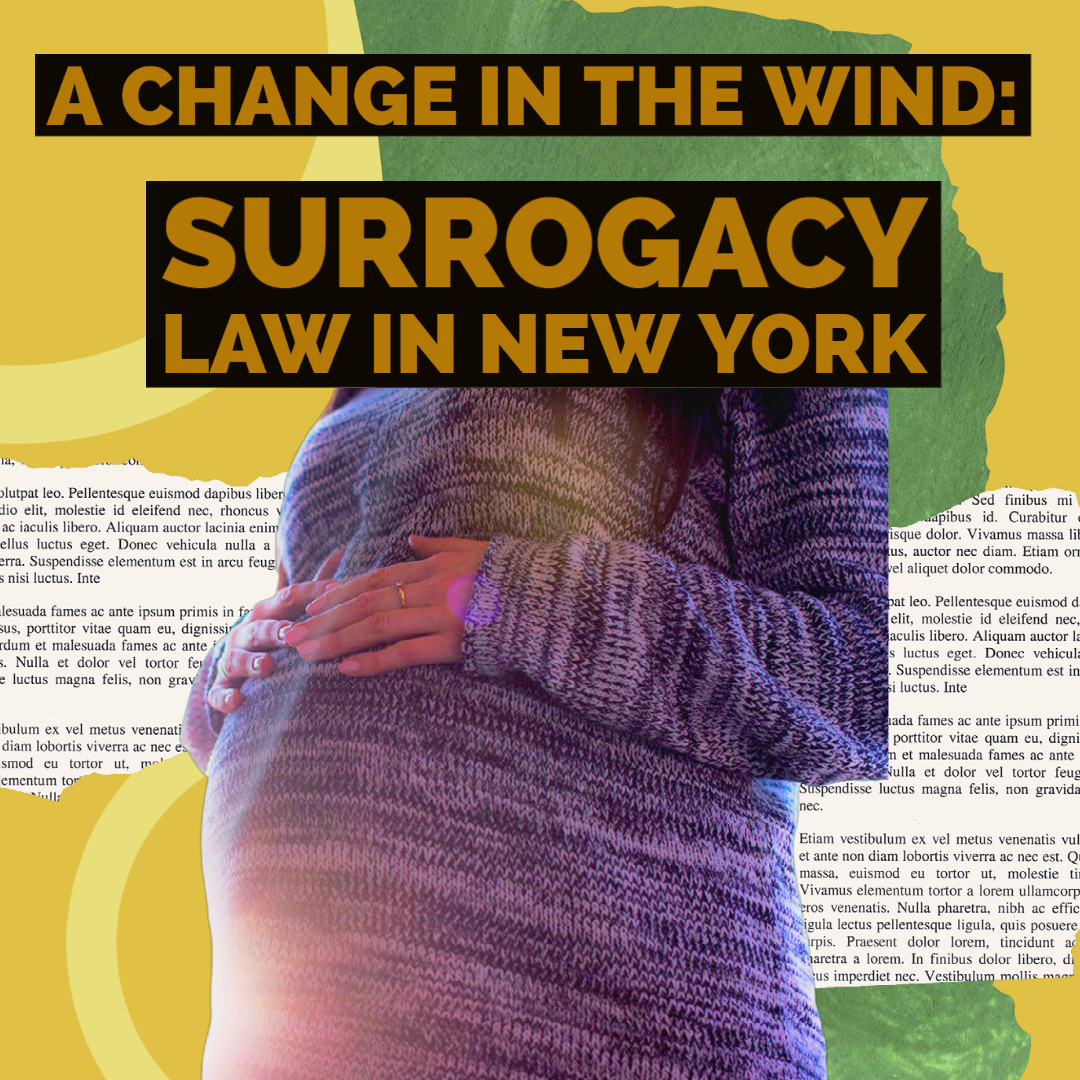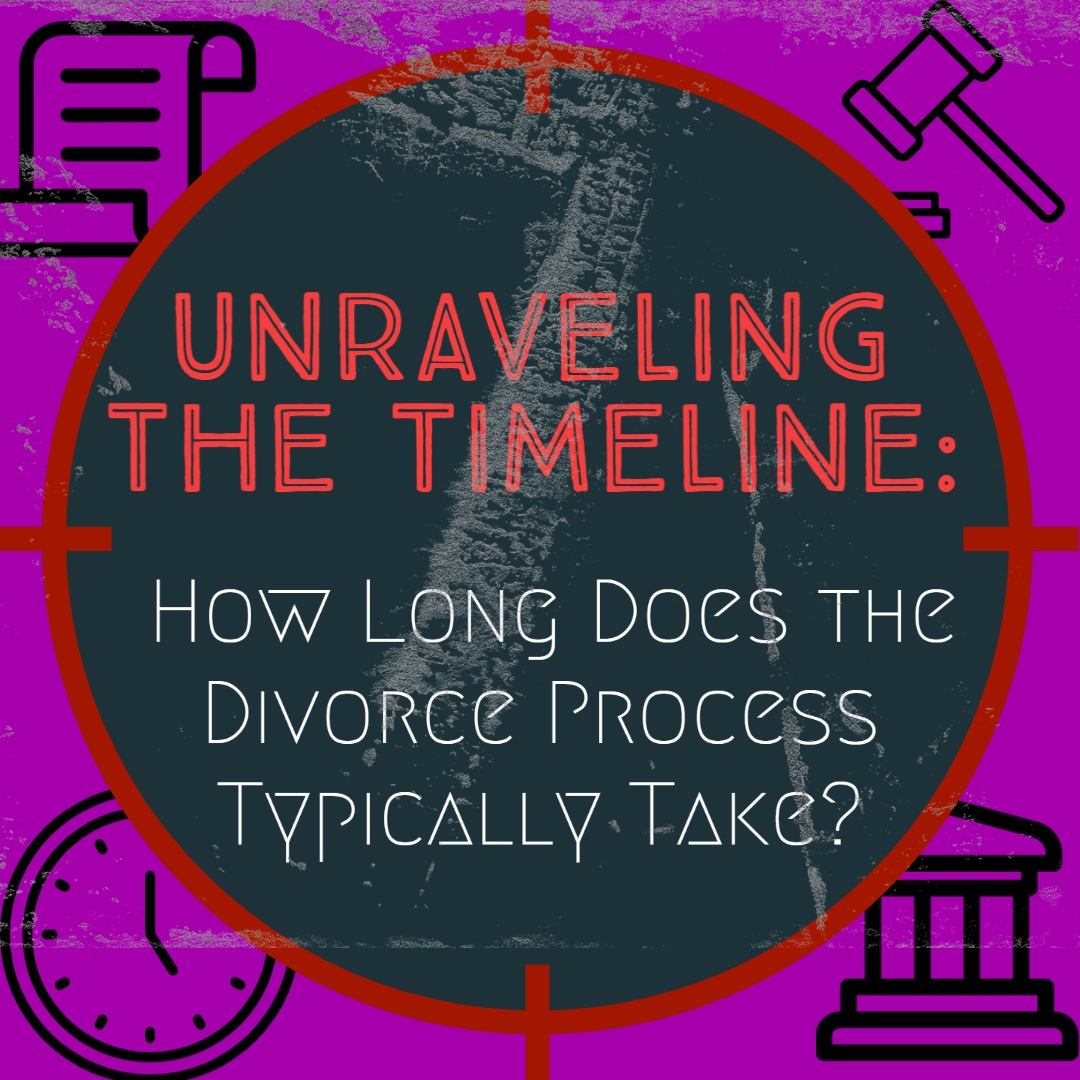There is an undeniable decline in marriages (22% between 1960 and 2016 according to the Pew Research Center).
While my viewpoint as a divorce attorney may seem self-serving when I encourage couples to marry (if only to get divorced later), rest assured it comes from a sincere place.
I have had many people tell me that they were in a long-term relationship with their spouse prior to getting married and they are now seeking a divorce for their short-term marriage. Others never married at all but have been in a relationship for many years.
Why this matters: In most states, including New York where I practice, the law rewards lower-earning spouses in lengthy marriages, and makes it difficult for individuals who are either unwed or had a short-term marriage. This goes for both alimony and equitable distribution.
This is not to say it cannot be done. New York, for instance, will award “palimony” (alimony for those who never married) in certain situations where there was an agreement between the couple that one would provide a specific sum to the other on a regular basis. But it must be proven in court, just like a contract. On the other hand, maintenance (alimony) in New York is a presumed obligation, making it much easier to obtain where appropriate.
As any lawyer will say, each situation is different. However, as of right now, the law is less forgiving to unwed couples when it comes to asset distribution as well.
Unless there is a written agreement (such as a prenuptial agreement) stating otherwise, the creation of marital property happens automatically. Many unwed couples, and even those who are married, are unaware that retirement savings like 401(k)s and pensions are marital property subject to division.
The reasons why couples choose not to marry is understandable. For starters, the landscape of marriage in the last fifty years has been bleak, with a high probability of divorce leading to a glass half empty sort of outlook. Articles from the New York Times, Time Magazine, and Bloomberg, also state that there are less marriages among Millennials because they are pickier, more cautious, and take financial considerations into the mix.
With obtaining a divorce, however, there may be a psychological sense of closure. While just a piece of paper, a judgment of divorce signifies a definitive end in a relationship. Human emotion is complex. In some situations, a former partner may continue to pursue the affections of the other, if only because they do not believe the romance is over. Obviously, this still can occur with or without a divorce judgment. But a divorce is a period, not an ellipse and not a semicolon.
Divorces can also be celebrated. For some time there has become a trend in divorce parties (Six Ideas for an Awesome Divorce Party). Recently I came across an article about an ex-wife in Texas blowing up her wedding dress (Big bang: You could feel this Texan’s divorce being finalized from ’15 miles away,’ video shows).
**This post contains attorney advertising. Prior results do not guarantee a similar outcome. **



